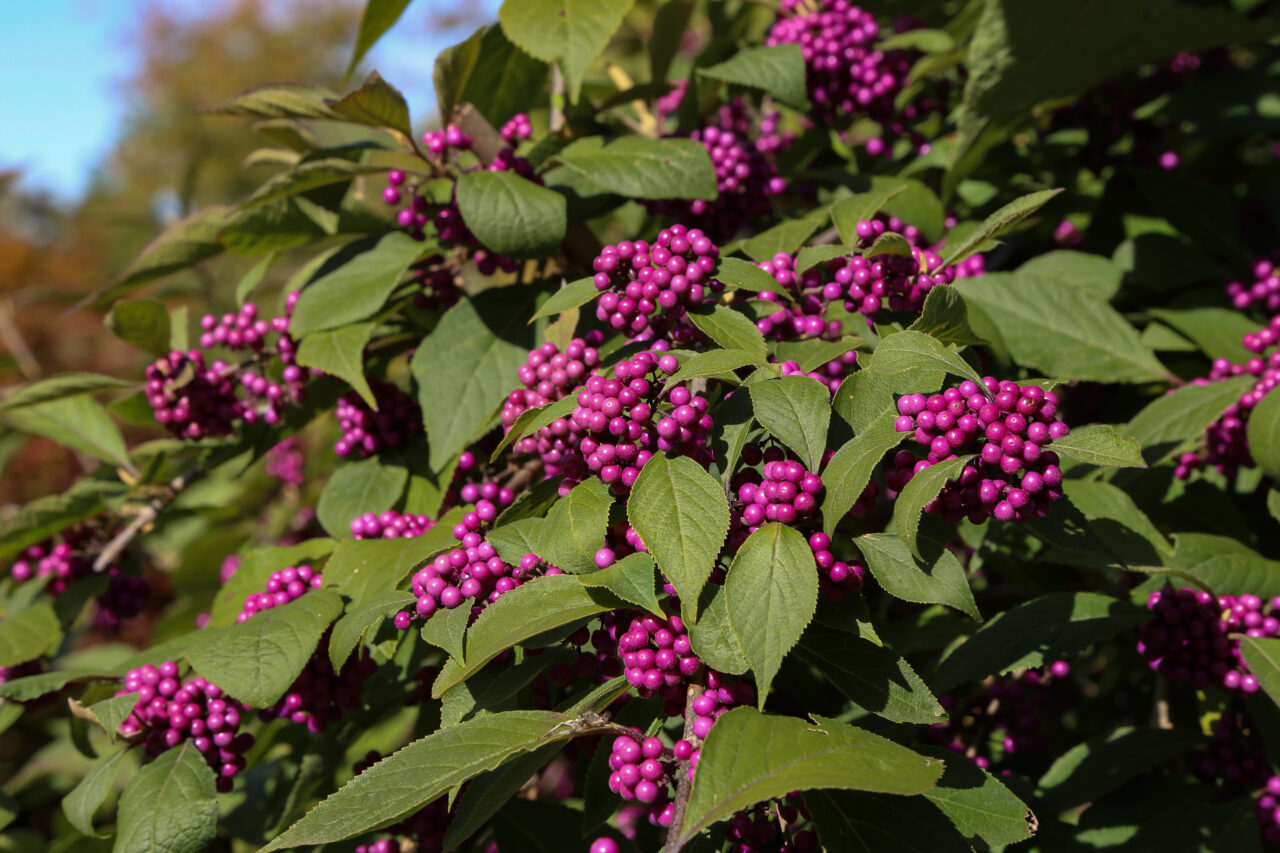Although Florida has a natural ecosystem and climate that brings a great deal of stunning native plant species, lots of home and business owners still opt for “exotic” species to add to their landscape. As aesthetically pleasing as that may be, this can lead to upkeep that can be nearly unattainable. When using plants that are native to the land, not only will the space offer a more diverse layout, but the species will adapt easily to the landscape, bringing in more wildlife that tends to itself.
Restoration & Conservation
Using native plants for your business’s landscape can help promote restoration of the land, as well as its conservation. Because native plants are already adapted to the climate conditions and soil, they require the least amount of maintenance. The University of Florida’s Living Green series explains that these plants are already part of a community that keeps itself in check: “Native species are members of a community of plants, animals, and microorganisms that keep each other in check and won’t harm natural areas.”
Lawn More gives a detailed list of plants native to Florida’s landscape:
- Beach Sunflower
- Railroad Vine
- Wildflowers for dry areas: Purple thistle; Lanceleaf tickseed; Carolina jessamine; Seaside goldenrod; Spiderwort; Partridge pea
- Wildflowers rain gardens: Blue flag iris; Goldenrod; Milkweed; Swamp sunflower; Spider lily
- Wildflowers for shade: Fringed bluestar; Scarlet hibiscus; Firebrush; Mistflower; Prairie Iris; Cardinalflower
- Beautyberry
- Coral Bean
- Chickasaw Plum
- Red Maple
- Eastern Redbud
Diversity & Wildlife
Native plants help build a healthier ecosystem by providing space for diverse wildlife, which in turn “makes pest and disease damage less noticeable,” says Living Green. Additionally, using multiple vertical layers, with materials such as grass, ground cover, bushes or shrubs, or trees of different height inspires a more stable home for the wildlife that may call your landscape home.
Here’s a list of native species that attract wildlife from Living Green:
- Longleaf pine
- Cabbage palm
- Beautyberry
- Wax myrtle
- Live oak
- Sweetgum
For more information, visit our Contact Us page to send questions or schedule an appointment.


